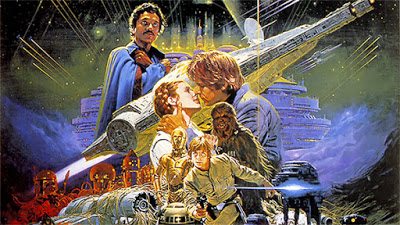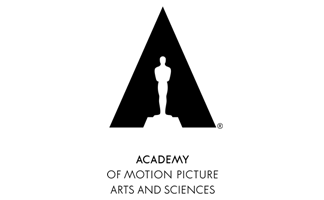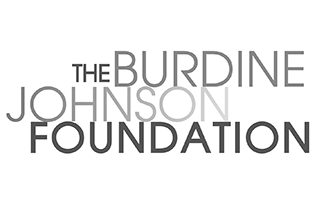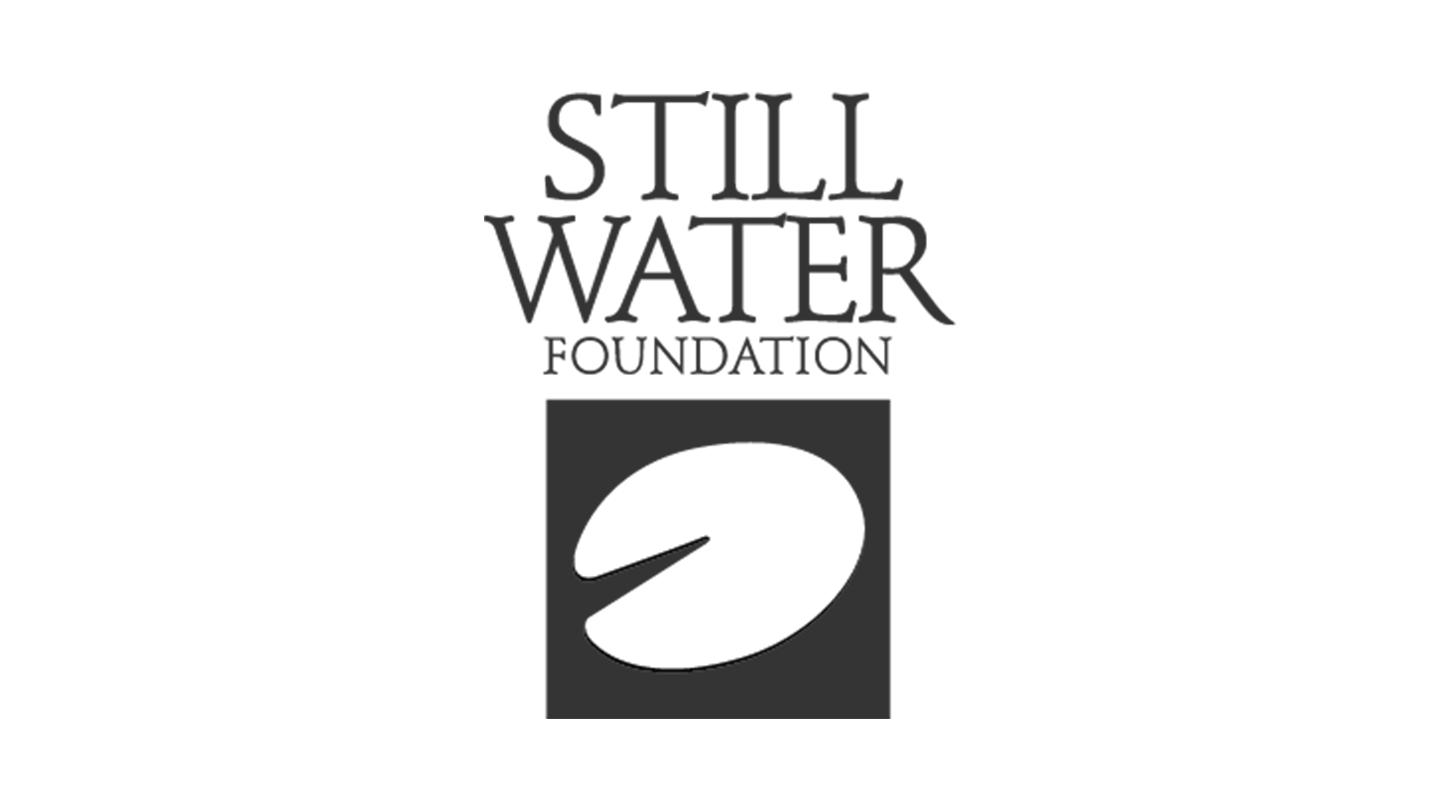Listen Here: An Audio Interview with Screenwriter/Author Leigh Brackett

People are always surprised when you tell them that the same screenwriter who wrote 1946’s THE BIG SLEEP (with those journeymen collaborators Jules Furthman and William Faulkner) also wrote (in collaboration with Lawrence Kasdan and George Lucas) THE EMPIRE STRIKES BACK. For some reason they are also surprised to find out that the writer in question was a woman.
Leigh Brackett began her career writing for the sci-fi pulps, turning out large numbers of Martian adventures in the mold of Edgar Rice Burroughs. When producer/director Howard Hawks read a mystery novel that she wrote he asked his secretary to call up “this guy Brackett” to work on the adaptation of Raymond Chandler’s novel “The Big Sleep.” The film was a success and has become a highly influential classic.
After a couple of other far less prestigious assignments, Brackett and her husband, fellow science fiction pulp author Edmond Hamilton moved to Ohio to raise their family. The pair continued to make a living at writing for a good many years and Brackett would have surely stayed away from films altogether had not Howard Hawks been such so persuasive, and so in need of her services. She returned to the film business in 1959 to write RIO BRAVO for Hawks, again in collaboration with Furthman.
RIO BRAVO was a big hit and Hawks signed her to a multi-film deal. She then wrote HATARI (1962), EL DORADO (1967), RIO LOBO (1970) and did uncredited dialogue and polish work on other films. In 1972 she was engaged by producers Jerry Bick and Elliott Kastner to adapt Raymond Chandler’s novel “The Long Goodbye” for director Brian G. Hutton to direct and Elliott Gould to star in. Things did not go exactly as planned and Robert Altman took over as director. Naturally, Altman with his improvisational style made some major changes but the thrust of Brackett’s script remains.
In 1977, George Lucas, a fan of Brackett’s science fantasy novels, hired Brackett to write the script for STAR WARS II. Upon reading it, Lucas had a number of major changes but Brackett died of cancer before being able to resume work on the script. The film was eventually made, of course, and the rest is a different kind of history.
Here is an audio interview with Leigh Brackett recorded by author Tony Macklin in 1975. Enjoy.












